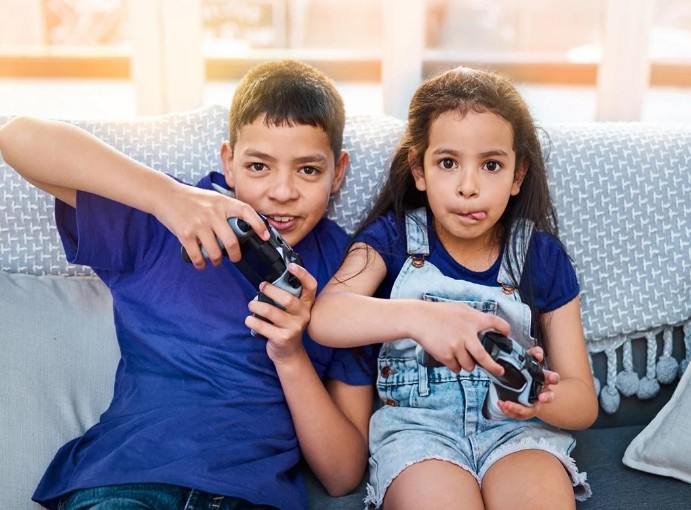Bobbie Miteva, Registered Therapeutic Counsellor

With “the most wonderful time of the year” fast approaching many of us seem to wonder what this would be like with the COVID restrictions on a local, national and global level. People usually look forward to the holidays when they have days off work to travel, spend quality time with family and friends, and enjoy various festivities in their communities, but this holiday season will certainly be different. Those of us who enjoy the luxury of having close relationships with family and friends, sufficient resources for gifts and vacations, and a place to call home would undoubtedly experience some unpleasant emotions due to the perceived lack of freedom in the current circumstances. On other hand, the resulting wider isolation and lower expectations for fun during the holidays allow for less significant differences among people, which otherwise could lead to unhealthy comparisons. As someone recently shared with me “there is something comforting about the restrictions.”
Those who have experienced a recent loss, don’t have family or friends close by with whom to spend the holidays, or are going through a relationship conflict, a financial hardship or a difficult life transition might get quite triggered during this time of the year, which we associate with togetherness, warmth and joy. The flooding of commercials and films constructing the image of a “perfect Christmas”, along with social media posts of static ideals often make us measure our happiness up to unrealistic expectations, and may further undermine the emotional stability of those who find themselves in vulnerable situations. Thus, it is no surprise that the holidays are also associated with increased rates of anxiety and depression, substance and alcohol abuse, as well as binge eating. But as mentioned earlier, the pandemic put us more or less in the same basket: for most of us there will be less worrying which side of the family to visit on Christmas or how to host the “perfect” holiday event, less time and resources invested in gift hunting, less bookings and other travel logistics to consider, etc. Holding high expectations from ourselves and from others is probably one of the most significant predictors of frustration, thus with the former out of the picture we should expect that fewer people would feel overwhelmed by stress during the holidays.
As counterintuitive as it may sound, it appears that this holiday season could present us with an opportunity to keep it simple – instead of feeling like we’re in a contest to obtain as many joyful “points” with as many people as possible we could slow down and enjoy some time for self-care. What physical sensations help soothe your body, and what activities help clear your mind? Are there any hobbies/projects you’ve been interested in, but haven’t had a chance to focus on? Are there ways for you to improve your health? For example, added sugar, found not only in common treats but also in “healthy” energy bars and dressings, is rather addictive and disrupts the so-called dopamine reward system; subsequently, attempts to lower the levels of sugar in the bloodstream may lead to abstinence-like effects like headache, depression and decreased energy. Without getting into details, as a holistic counsellor I’d like to remind you that good nutrition and physical exercise can have positive influences on your hormone balance, which is essential for both physical and mental health. Speaking of which, I would also recommend that you have an honest reflection about your holiday triggers and put an effort into avoiding them to the best of your abilities.
Self-care practices, hobbies and other enjoyable activities that lie within your control are a few ways to fill up your free time during the upcoming COVID-restricted holiday season; in addition, some of my clients who struggle with the lack of control over the situation have considered cleaning and organizing their spaces, advance studying or creating meaningful rituals (ex. writing a daily wish for something to do/look forward to at the end of the pandemic). Nevertheless, I’ve become aware that there are other people who are not so concerned with having control or keeping busy, but find it quite difficult to meet their needs for connection and belonging. From my conversations with clients like these I’ve heard ideas such as working out, watching movies or playing board games simultaneously with family/friends, singing out loud or dancing (to connect with self), meditating or praying (to connect with a Higher Power), and making donations or (online) volunteering to support a cause or a social movement (feeling of belonging). I hope that you have found something that resonates with you. For additional suggestions that may be useful to you consider registering for the CMHA free virtual webinar entitled “The Holidays, Your Mental Health & COVID 19”: https://cmhahamilton.ca/news/the-holidays-your-mental-health-covid-19/
Take care and feel free to contact me for further support!
RTC Bobbie Miteva
bmitevacounselling@gmail.com

What are the pros and cons of playing video games on mental wellness?
Read Article
Magik Moments Joins MFFS at CNOY 2025! Magik Moments, a Photo Booth Rental in Vancouver will be at this year's Coldest Night of the Year 2025 to capture the fun and memories with their photo booth available throughout the evening from 4pm to 7pm!
Read Article
After many months of poor weather, the climate in Vancouver is finally starting to improve.
Read Article